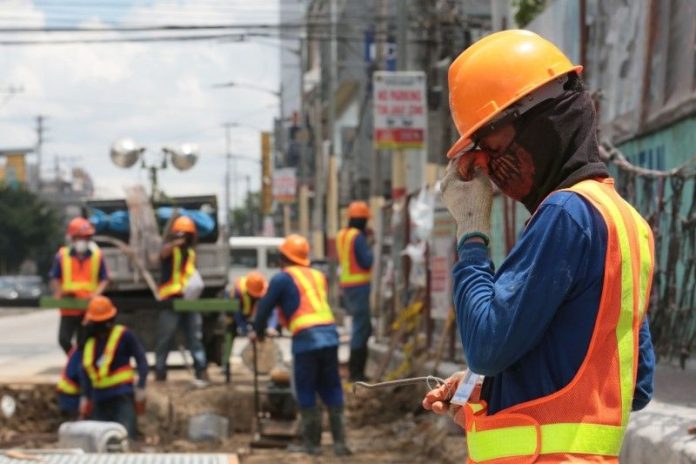It was reported that the unemployment rate in the Philippines increased to 4.5% in January 2024, from 3.1% in December 2023.
While this is still lower compared to the 4.8% recorded in the same month in 2023, this is equivalent to 2.15 million jobless Filipinos last month.
The number is huge and needs decisive and immediate government action to alleviate the plight of these millions of jobless Filipinos.
This is why the signing of the implementing rules and regulations (IRR) of the Trabaho Para sa Bayan Act in mid-March is a welcome development as the government grapples with this unemployment challenge.
The Trabaho Para sa Bayan Act, which aims to create a national master plan to tackle not only unemployment but also underemployment and youth unemployment, can play a pivotal role in addressing unemployment once fully rolled out.
By placing employment at the heart of economic development, the Trabaho Para sa Bayan Act can pave the way for sustainable jobs and livelihood.
After the signing of the IRR, the next step is the crafting of the master plan. Coming out with the Trabaho Para sa Bayan Act master plan is not the sole responsibility of the state. It needs a whole-of-nation approach.
This is why crucial here is the active participation of stakeholders — partners in government, the private sector, employees’ and employers’ organisations, informal sector workers, and other vulnerable groups.
Crafting a master plan requires collaboration, evidence-based decision-making, and a holistic approach.
Another important factor in addressing unemployment is comprehensive research and data collection.
This is vital to understand the current state of employment, unemployment rates — like the data recently released by the Philippine Statistics Authority — and job market dynamics in the Philippines.
Collection of data on various sectors, industries, and regions to identify and assess skill gaps, training requirements, and job preferences is also necessary.
The government should also focus on job creation by encouraging investment in labour-intensive industries, promoting entrepreneurship and small business, and attracting foreign investment with ease of doing business in the country.
It should also improve physical infrastructure — roads, transportation, and utilities —to enhance access to job opportunities.
In his foreign travels, President Marcos has been promoting the Philippines as an investment haven, attracting various foreign business leaders.
He must see to it that deals signed with foreign business leaders will end in tangible investments to boost the economy and create more jobs for Filipinos.
Apart from Trabaho Para sa Bayan Act, the Enterprise-Based Education and Training (EBET) bill has been passed in the House of Representatives, while its counterpart measure has been filed in the Senate.
EBET aims to bridge the gap between job seekers and potential employers. By fostering partnerships with the private sector, the EBET program can upskill or retool the Filipino workforce, ensuring a better match between skills and job opportunities.
The filing of the EBET bill in the Senate was inspired by the 2020 and 2021 studies on the employment of technical-vocational graduates, which showed that enterprise-based training modes — in-company training and learning — have the highest employment rates over other forms of training, ranging from 86.26% to 91.14%.
The Dual Training System also registered a 100% employment rate in 2021. – Manila Bulletin




































